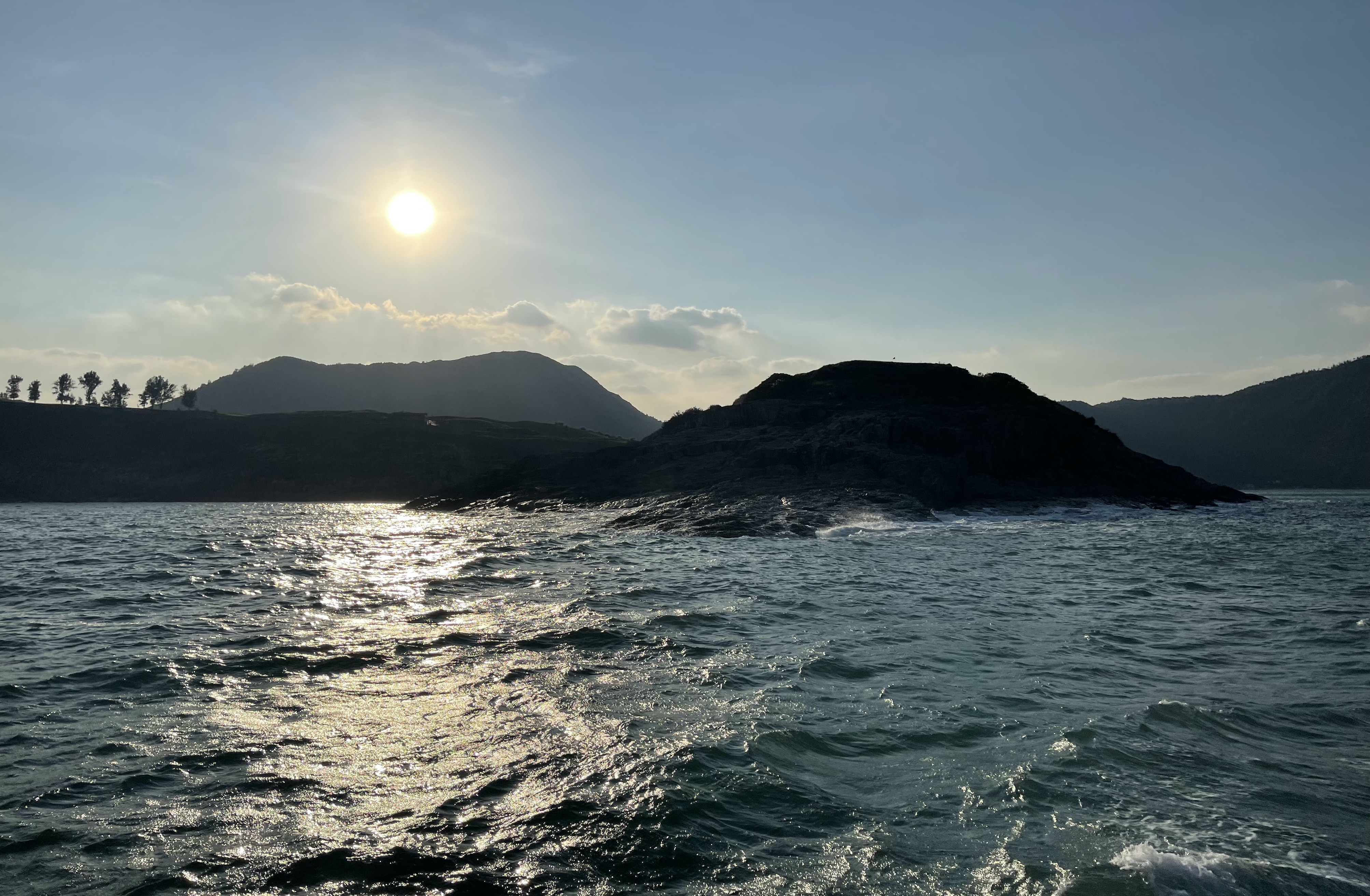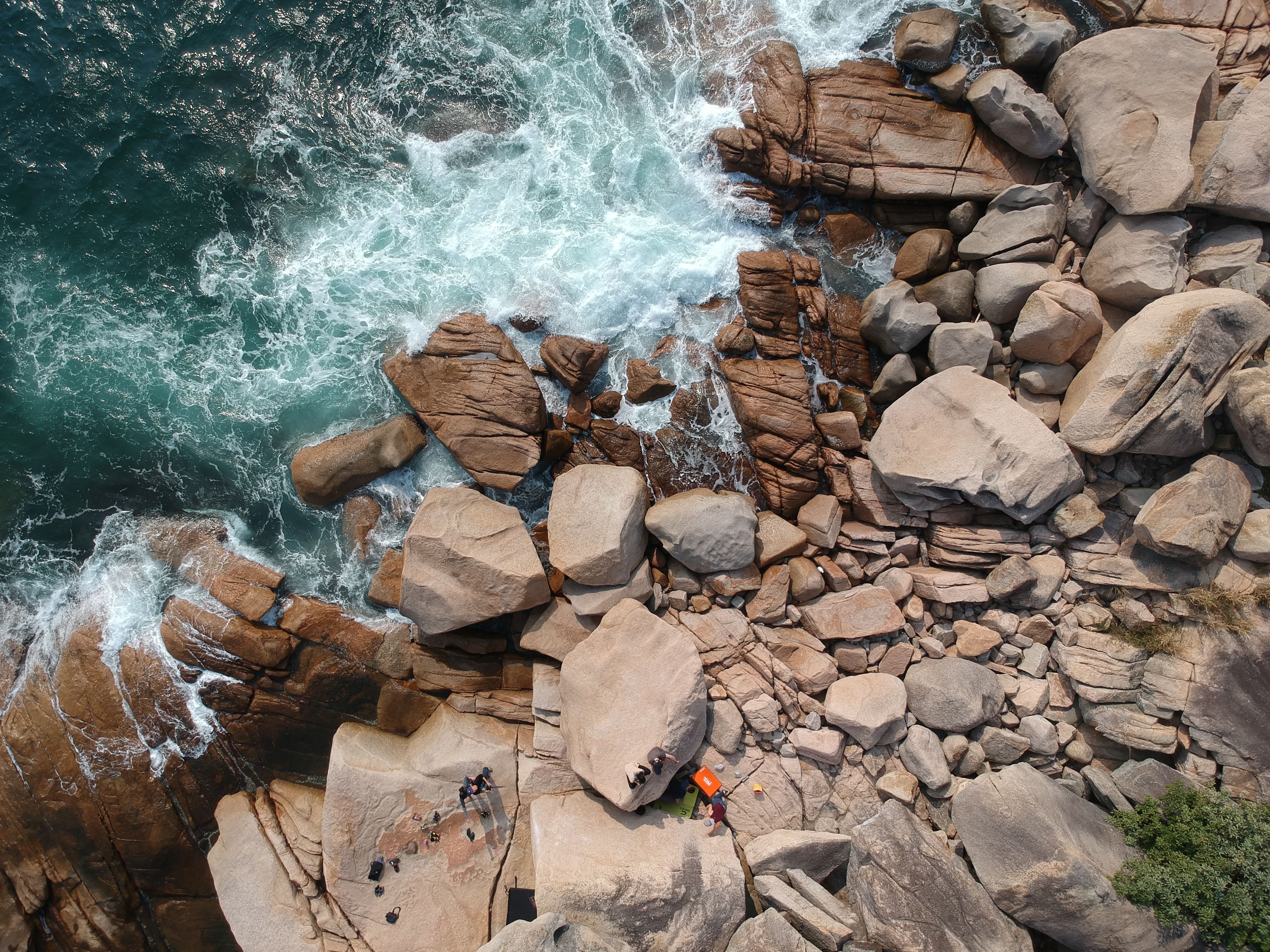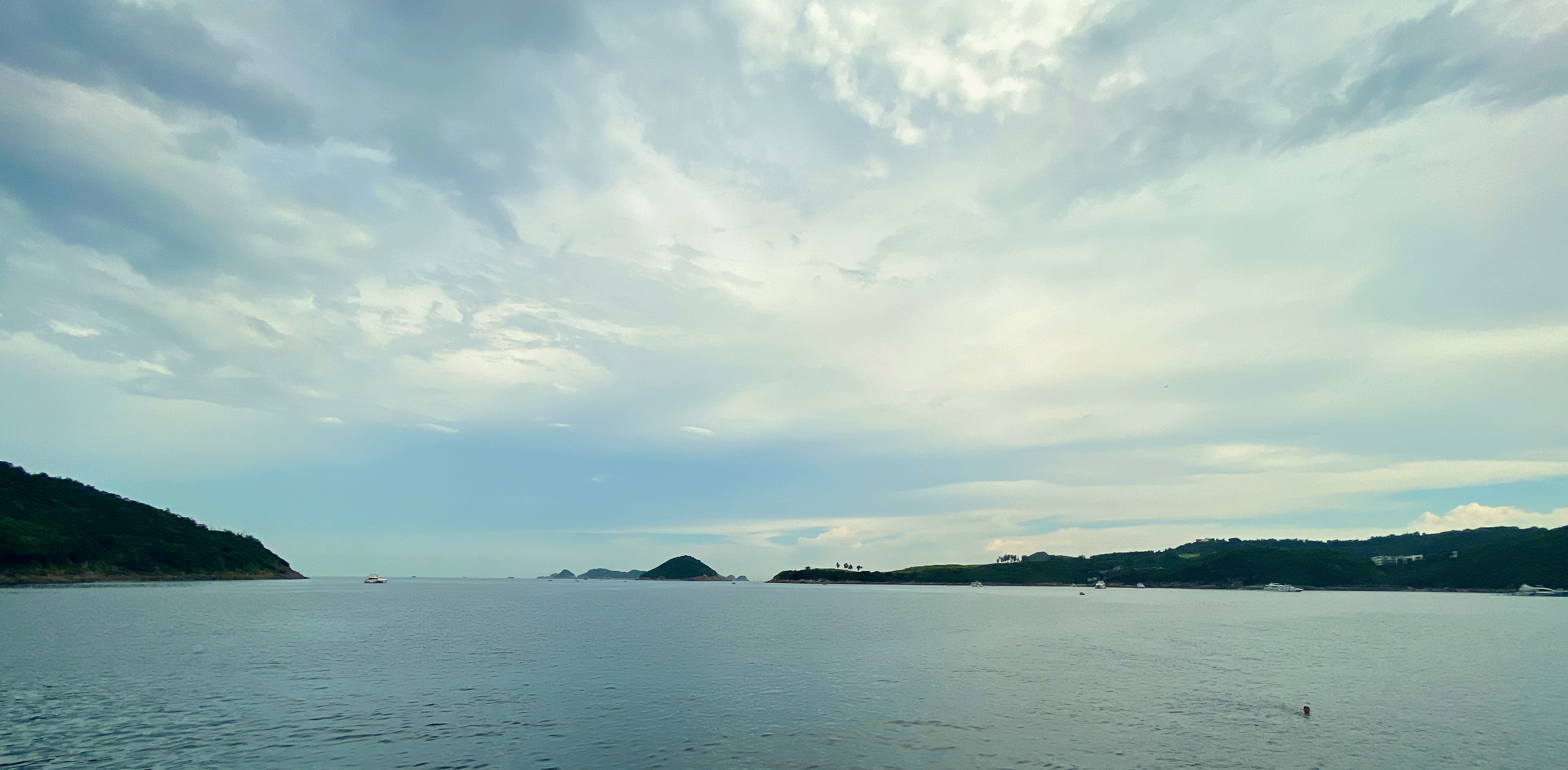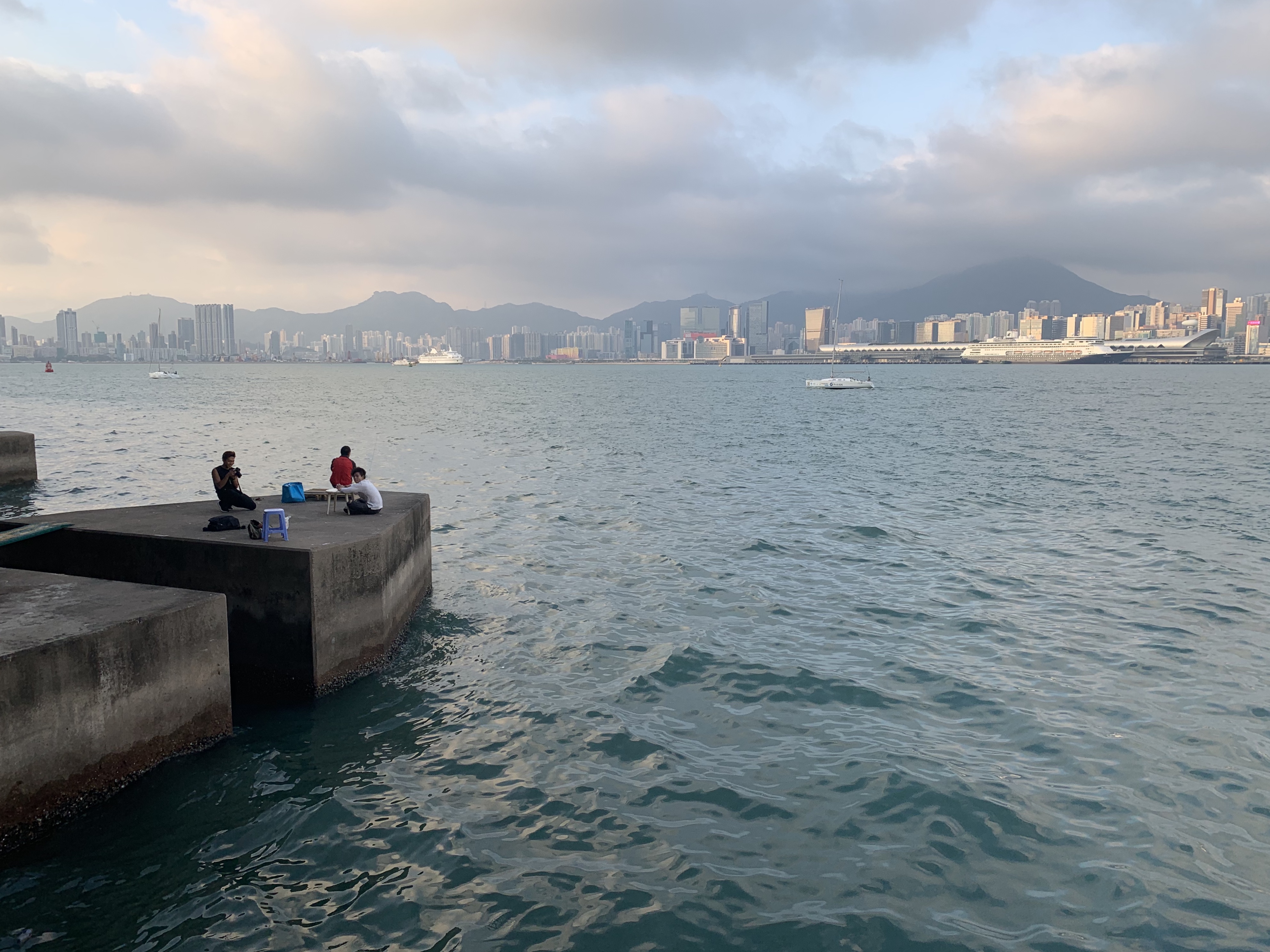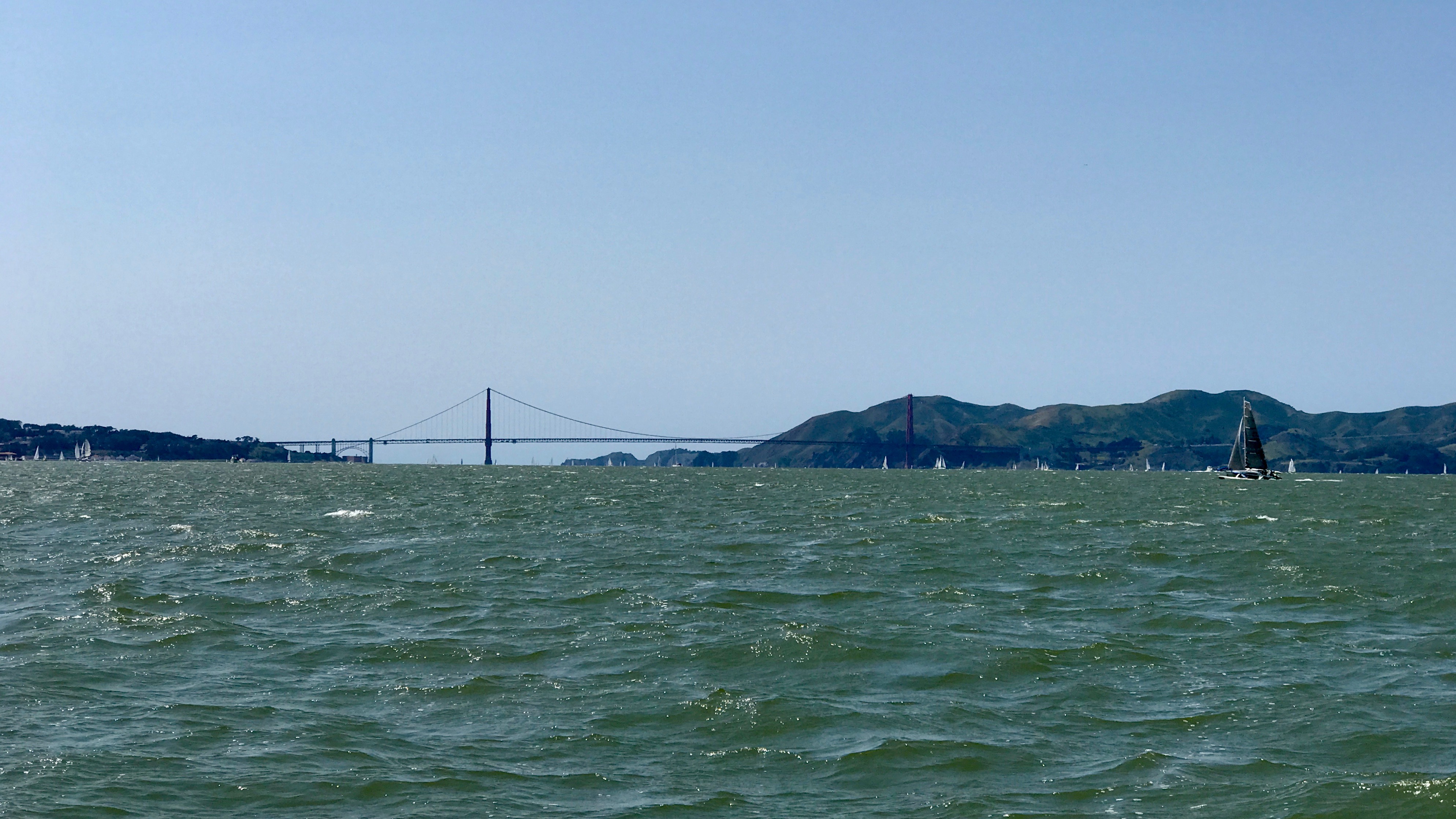Finally it rains. Our view, normally of buildings and trees, becomes a blur of gray until it becomes a wall of water. Curtains of rain slap against the building, blown by winds strong enough to pull scaffolding from buildings and signs from trees. The street out front will be covered in dirt washed down from the hill for days. We linger inside, happy for the reprieve from all the things we’d agreed to do. For two days we don’t count steps, or worry about social commitments. We rest and read and watch the world. After a sweltering summer, lying in bed with the AC’s off listening to the rain is pleasure beyond reckoning.
On the second night we venture out, wandering the neighborhood between storm bands. By the time we decide to visit a friend it is pouring again. We hide once more indoors, catching up on life’s adventures. It’s a wonderful weekend, the first truly relaxing one in a long time. Perhaps, I think, we are over-committed.
On Monday the air is clear, and with two days until the next typhoon we celebrate. From a friend’s company’s boat the ocean is very green. The water itself, once we’ve leapt off the side, is perfect, neither warm nor cold. The air likewise is fresh, no longer the 34 C of mid-summer but 30, perfect for a swim and some time on the top deck with a novel. We linger late into the afternoon, glad to have the bay mostly to ourselves on a Monday in October. The ride back to the city is beautiful. The sun sets in front of us with few clouds, and we realize how lucky this moment is, between storms and without work. Flexibility can, sometimes, make up for the travel restrictions, make up for the lack of larger adventures. When I am underwater in the ocean the exact location matters less.
And then we are back to the storms, office windows battered by rain as people scamper towards the subways, leaving early in the face of the gale. I linger, unconcerned. In a country with infrastructure like this, with elevated covered walkways and trains and frequent overhangs, there is little need for fear of weather. I do not need to drive anywhere, nor walk more than a few moments exposed to the elements between office and house.
I remember my first typhoon. Standing on the elevated platform in Saitama, soaked as the rain came in from the side, I resolved to buy rain gear, even if only for the moments spent waiting for the Saikyo line. Twenty years later, again wrapped in a storm brewed near the Philippines, I think of how lucky it is, to be dry in the face of such weather. And how pleasurable indeed to be wet clean through within sight of home.
